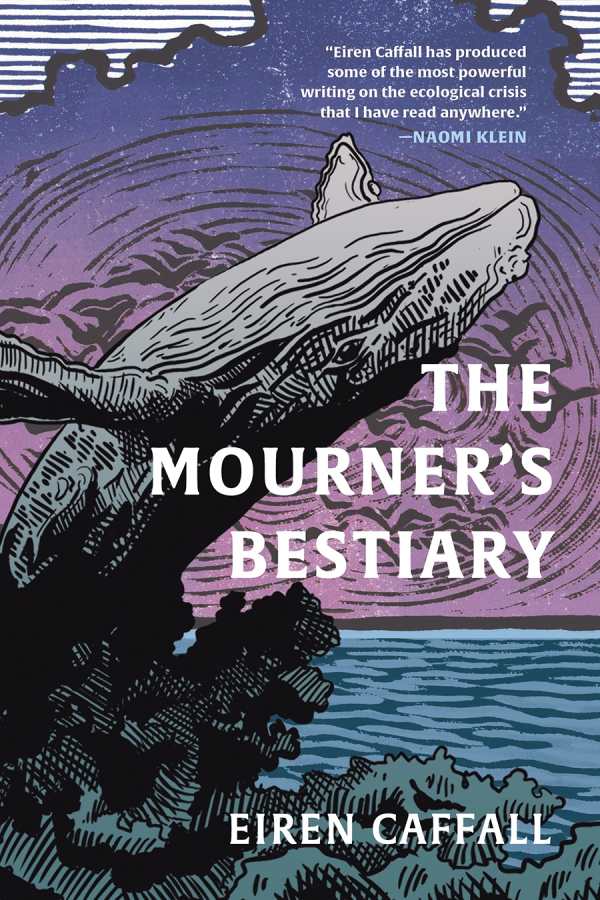The Mourner's Bestiary
- 2024 INDIES Finalist
- Finalist, Autobiography & Memoir (Adult Nonfiction)
- 2024 INDIES Finalist
- Finalist, Nature (Adult Nonfiction)
Eiren Caffall’s poignant memoir The Mourner’s Bestiary blends searing insights on illness, family, and loss with nuanced observations on threatened coastal ecosystems.
A penetrating work that brims with tension, the book covers a polycystic kidney disease (PKD) diagnosis, the grief of watching relatives succumb to the same disease, and clear-eyed thoughts about the precariousness of health alongside hope that new treatments might buy time. In addition, Caffall explores her complicated relationship with her creative parents—who were distracted by their physical and emotional afflictions—and describes her quest to affirm her own “unusual mind” and voice. Its accounts of family are marked by sensitivity and subtlety; the chapters shift between painful childhood memories, reflections on Caffall’s first marriage, delight in her son, and worries that her son inherited PKD.
The story is also infused with love for the Atlantic coast, in particular the marine creatures of the Gulf of Maine and the Long Island Sound. Caffall draws strong parallels between her physical condition and the coastal waters she reveres, even as they became oxygen-deprived and clogged with pollutants. Her astute observations of sea creatures, including clams, oysters, and crabs, demonstrate her “spiderweb thinking”; she emphasizes the deep connections between beings and the inadvertent consequences of interventions. For instance, Caffall acknowledges that legislation protecting humpback whales has an enormous financial impact on lobster fisherman who must invest in new equipment. She and her son are enchanted by the wonders of common periwinkles, while recognizing that these invasive snails harm salt marsh ecosystems: “We sing to them still, aware that they are dangerous, in awe of their lives.”
A lyrical memoir, The Mourner’s Bestiary links human experiences of illness and healing to the issues facing the natural world.
Reviewed by
Kristen Rabe
Disclosure: This article is not an endorsement, but a review. The publisher of this book provided free copies of the book to have their book reviewed by a professional reviewer. No fee was paid by the publisher for this review. Foreword Reviews only recommends books that we love. Foreword Magazine, Inc. is disclosing this in accordance with the Federal Trade Commission’s 16 CFR, Part 255.

